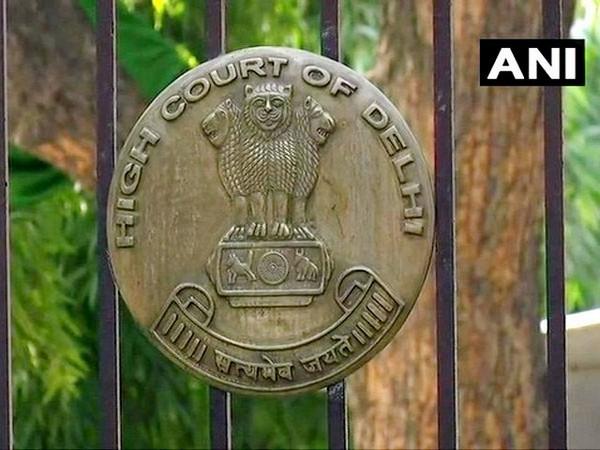New Delhi [India], July 16 (ANI): The Delhi High Court has ruled that a person cannot claim immunity from re-arrest merely because their initial arrest was vitiated on procedural grounds.
The re-arrest, if carried out after curing such defects and in accordance with law, is not impermissible, Justice Swarana Kanta Sharma observed while dismissing a petition filed by four alleged members of an organised crime syndicate.
“In criminal law, procedural safeguards are essential to protect liberty, but they cannot be turned into a shield to defeat lawful investigation into heinous crimes,” the Court held, underlining that “a lapse by the police in the first arrest does not create a bar against subsequent arrest once the legal requirements are fulfilled.”
The petition was filed by Anwar Khan aka Chacha, Hasim Baba aka Asim, Sameer aka Baba, and Zoya Khan through a team of advocates including Anurag Jain, MM Khan, Amit Chadha, Atin Chadha, Munisha Chadha, and Sulaiman Mohd. Khan, and others.
They sought a declaration that their re-arrest on June 10, 2025, in FIR 629/2024 related to the murder of one Sunil Jain was unlawful and unconstitutional.
The petitioners contended that their earlier arrest, declared “non-est” on May 13, 2025, by the Special Judge due to failure to supply written grounds of arrest, barred their re-arrest without fresh material. They alleged that the police circumvented earlier court orders by rearresting them without a sufficient basis and in violation of their rights under Articles 21 and 22 of the Constitution.
However, Additional Standing Counsel Sanjeev Bhandari, along with Special Public Prosecutor Advocate Akhand Pratap Singh and others, appearing for the State, argued that the earlier release was due to a technical lapse and not for lack of incriminating material.
The State submitted that fresh grounds of arrest were provided during the re-arrest and procedural safeguards were fully complied with.
The bench of Justice Swarna Kamta Sharma, agreeing with the State’s position, noted that “the petitioners cannot be allowed to derive advantage from procedural lapses committed earlier by investigating officers. The liberty of an individual is protected, but not to the extent of frustrating the course of justice in serious criminal cases like those under MCOCA.”
The Court relied on judgments including Kavita Manikikar v. CBI, Vicky Bharat Kalyani v. State of Maharashtra, and Rakesh Kumar Paul v. State of Assam to affirm that re-arrest is legally tenable if done by following due process.
The Court also observed that in the present case, sufficient material existed against the petitioners, who have extensive criminal histories, and their alleged role in a larger crime syndicate was backed by specific evidence.
The High Court upheld the judicial remand orders dated June 11 and June 16, as well as the Special Judge’s July 4 order affirming the legality of the re-arrest.
The Court concluded: “The petitioners’ initial arrest was declared invalid only on technical grounds. Once procedural irregularities were cured and grounds of arrest were meaningfully furnished, their re-arrest cannot be held illegal.” (ANI)
Disclaimer: This story is auto-generated from a syndicated feed of ANI; only the image & headline may have been reworked by News Services Division of World News Network Inc Ltd and Palghar News and Pune News and World News
HINDI, MARATHI, GUJARATI, TAMIL, TELUGU, BENGALI, KANNADA, ORIYA, PUNJABI, URDU, MALAYALAM
For more details and packages

















